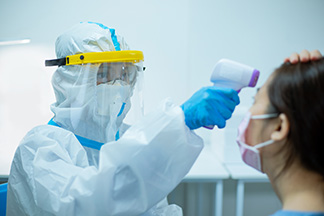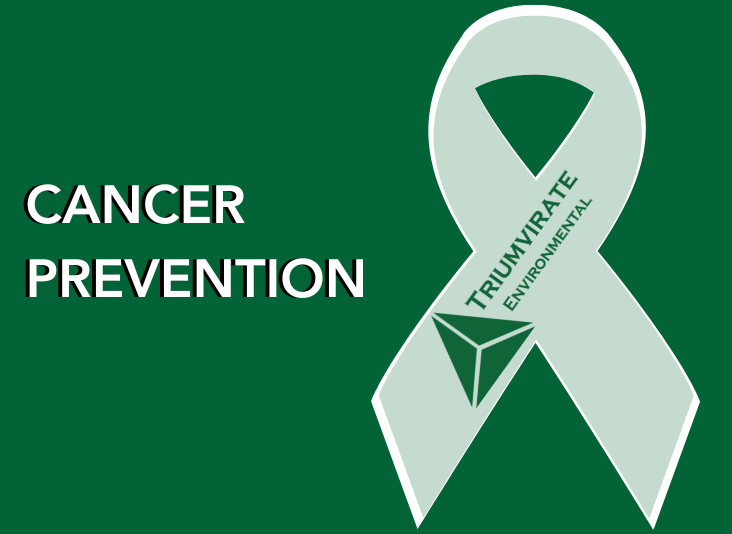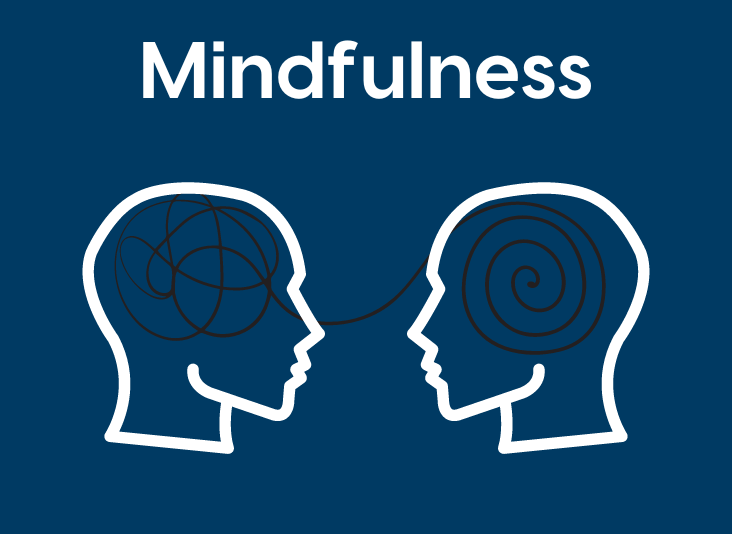Protect Your Employees: Using Your Own Staff to Screen for COVID
“I wasn’t hired for this!”
Difficult words to hear from your employee when you ask him to screen his coworkers for a deadly disease. Even if he’s joking, it hits home because you want to protect YOUR business, and that includes YOUR employees.
In my job, I visit many customer sites and see different ways businesses have implemented a COVID screening area for current employees, essential visitors, customers, and contractors. Some take temperature only, some ask screening questions, and all provide some Personal Protective Equipment (PPE) to the screener. However, almost all have apparent gaps – I can’t be sure because their mitigation might be behind the scenes. For example, a construction worker taking my temperature had gloves and a mask but was wearing his personal clothes with no barrier between me and him. One sneeze or cough within the six-foot social distance zone and he would be taking the virus home with him. Maybe he had a spare set of clothes and showering facilities available to him or maybe he simply brushed it off and went home that day after washing his hands.
Implementing a COVID Screening Program
Having performed many risk assessments and supporting some of my own screening programs, I see variations in the approach to screening and decontamination projects. In many cases, I don’t think consideration is made of what should happen if the screener is exposed to someone who is shedding a lot of virus. What can we do to reduce the viral exposure during this process? Protection and procedures are needed that reduce the chances of viral spread and infection to acceptable levels.
Your screening program should start with a risk assessment. A risk assessment is a systematic review of the steps to be performed, potential risks, and mitigations proposed. The appropriate mitigations are implemented to reduce risk to an acceptable level. When the execution phase starts, the review continues to identify gaps in the process or to respond to shortcomings in a specific event. In sum, your screening program procedure should include these phases:
- Identify and Rank Risks
- Propose and Evaluate Mitigations
- Implement Mitigations
- Continuous Improvement
At Triumvirate, we use a standard and safe starting point, then incorporate site-specific information to tailor the final design to fit for your specific procedure.
Key Questions to Ask
When using current employees to do screenings you have to manage these potential loose ends:
- Where do I get comprehensive guidance on how to do screenings?
- Does the screener have to decontaminate when someone is sick?
- Will my employee perform effective screenings?
- Are employees going to be intimidated by a respirator?
The CDC provides guidance on their website but often it is general, or applies to industries different from your business (e.g., healthcare or law enforcement). It is a good idea to use the guidance with a grain of salt – always adapt for your site-specific circumstances.
Don't Overlook Proper Decontamination
Decontamination is critical to containing viral spread. The screening area set-up should include clean and dirty areas with proper waste collection. PPE is an effective mitigation but isn’t always available in these times. What procedures will be in place to reuse respirators safely? This is where you need to train people on safe handling, inspection of PPE, and when to STOP the process to reduce the spread of a potentially contaminated area.
Therefore, start with a communication program to your employees so they know what is going to change – and why you’re doing it. It is important to communicate early and often! In parallel, develop good documentation for your program; good signage and informational emails are important to develop. Finally, provide a procedure to the screener that covers all scenarios, including if there is suspected contamination.
I commend employers who take this on to run a successful screening program. Almost everyone is agreeable and cooperative. This sense of “we’re in this together” will be with us for a while.
Triumvirate can help you with your COVID risk assessment and screening program. To discuss your site-specific needs, call us at 888-834-9697 or click below to send us your information and we’ll get back to you.









.png)